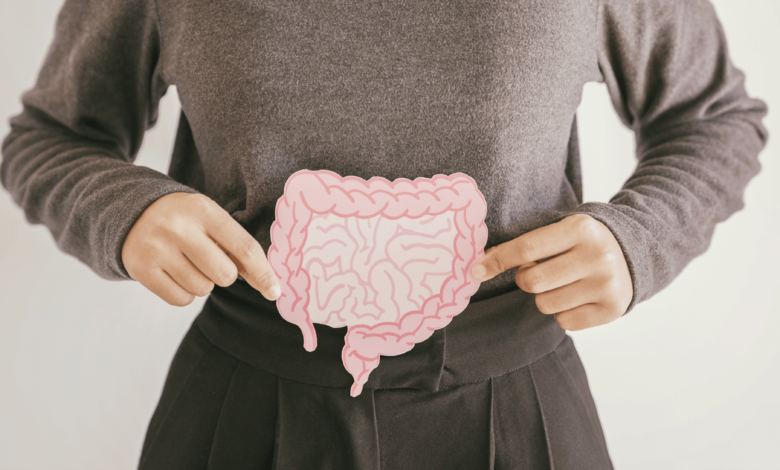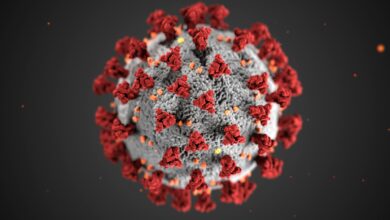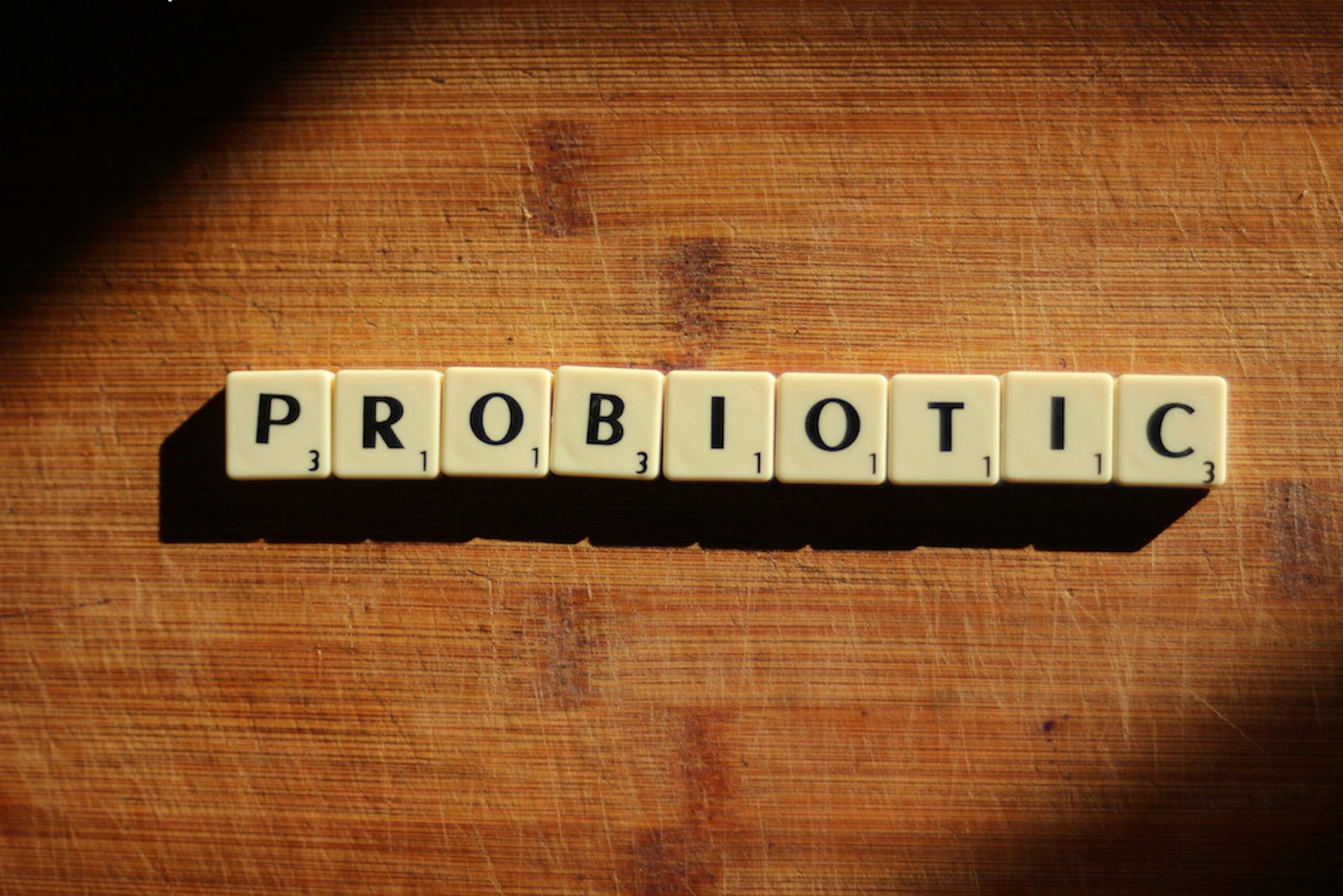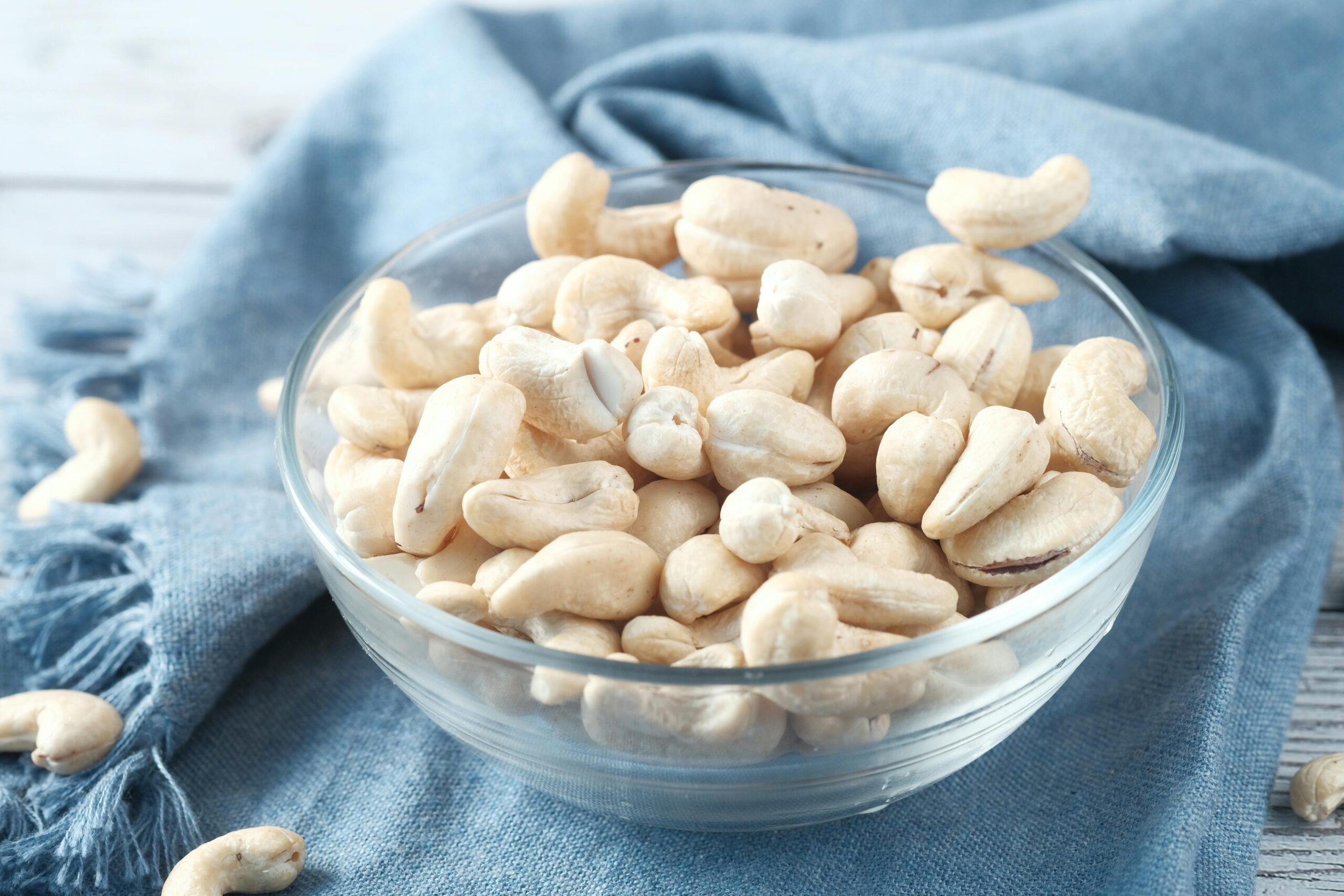Unlock Optimal Gut Health: Your Daily Guide

Have you ever wondered about the key to vibrant health and well-being? What if we told you that it lies within your gut? Yes, you heard it right! Your gut health plays a crucial role in maintaining overall health, from your digestive system to your brain.
Your gut, also known as your second brain, is home to trillions of bacteria that make up your gut microbiome. These tiny organisms have a profound impact on your intestinal and digestive health, influencing everything from nutrient absorption to immune function.
But that’s not all! Your gut and brain are intricately connected through the gut-brain axis, a communication highway that allows them to exchange signals affecting your mood, cognition, and even behavior.
In this comprehensive daily guide, we will delve deep into the world of gut health and provide you with the knowledge and tools to unlock its full potential. From understanding the importance of intestinal health and digestive function to exploring the wonders of the gut microbiome and the gut-brain axis, get ready to discover the transformative power of your gut.
So, are you ready to embark on this incredible journey towards optimal gut health? Let’s dive in!
Key Takeaways:
- Gut health is crucial for overall well-being, influencing both your physical and mental health.
- The gut microbiome is a complex community of bacteria that significantly impacts intestinal health and digestion.
- The gut-brain axis connects your gut and brain, allowing them to communicate and influence each other’s function.
- Understanding and prioritizing gut health can transform your overall health and quality of life.
- In this daily guide, we will explore various aspects of gut health and provide strategies and tips to support and improve your gut health.
Strategies for Boosting Gut Health

When it comes to improving gut health, incorporating certain strategies into your daily routine can make a significant difference. In this section, we’ll explore key strategies that have been proven to boost gut health and promote overall well-being.
The Role of Probiotics and Prebiotics
Probiotics and prebiotics are two critical components in maintaining a healthy gut microbiome. Probiotics are live bacteria that provide numerous health benefits when consumed in adequate amounts. They help improve digestion, enhance nutrient absorption, and support a balanced gut flora.
On the other hand, prebiotics are indigestible fibers that serve as food for the beneficial bacteria in your gut. They stimulate the growth and activity of these bacteria, promoting a healthy gut environment. Together, probiotics and prebiotics work synergistically to optimize gut health.
Incorporating Gut-Friendly Foods
What you eat plays a vital role in maintaining a healthy gut. Including gut-friendly foods in your diet can provide essential nutrients and support the growth of beneficial bacteria. Some examples of gut-friendly foods include:

- Fermented foods like yogurt, kimchi, and sauerkraut, which are rich in probiotics
- Fiber-rich fruits and vegetables, such as bananas, apples, broccoli, and Brussels sprouts, which contain prebiotics
- Whole grains, which are a good source of fiber and promote healthy digestion
- Healthy fats like avocados, nuts, and olive oil, which help reduce gut inflammation
By incorporating these gut-friendly foods into your diet, you can nourish your gut and support overall gut health.
The Potential Benefits of Gut Health Supplements
In addition to a healthy diet, gut health supplements can further support your digestive system. These supplements often contain a combination of probiotics, prebiotics, and other beneficial ingredients that promote gut health. They can help rebalance the gut microbiome, reduce digestive discomfort, and support immune function.
“Gut health supplements provide a convenient way to enhance your gut microbiome and support overall digestive health.” – Dr. Amanda Smith, Gut Health Expert
When choosing gut health supplements, it’s important to consult with a healthcare professional to ensure they are suitable for your specific needs and health goals.
| Gut-friendly Foods | Benefits |
|---|---|
| Fermented foods (yogurt, sauerkraut, kimchi) | Rich in probiotics, support gut flora balance |
| Fiber-rich fruits and vegetables (bananas, apples, broccoli, Brussels sprouts) | Source of prebiotics, promote healthy digestion |
| Whole grains | Good source of fiber, improve gut function |
| Healthy fats (avocados, nuts, olive oil) | Reduce gut inflammation, support overall gut health |
Expert Tips for Supporting Digestive Function
To maintain optimal gut health and promote proper digestive function, it is crucial to follow expert tips that encompass a well-rounded approach to overall well-being. By incorporating these tips into your lifestyle, you can support both your gut health and the crucial gut-brain axis.
1. Emphasize a Balanced Diet
A balanced diet is essential for digestive health. Include a variety of gut-friendly foods such as fruits, vegetables, whole grains, lean proteins, and healthy fats. These nutrient-rich foods provide essential vitamins, minerals, and fiber that promote a healthy gut microbiome and optimal digestion.
2. Stay Hydrated
Adequate hydration is key to maintaining good digestive function. Drink plenty of water throughout the day to aid in digestion, prevent constipation, and keep your gut well-lubricated. Hydration supports the efficient movement of food through the digestive tract and helps maintain the balance of beneficial gut bacteria.
3. Engage in Regular Exercise
Physical activity not only benefits your overall health but also supports digestive function. Regular exercise helps stimulate the muscles in your digestive system, promoting the efficient movement of food through the intestines. Additionally, exercise can help alleviate stress, which is known to impact gut health.
4. Manage Stress
The connection between the gut and the brain, known as the gut-brain axis, is an essential aspect of digestive health. High levels of stress can disrupt the gut-brain communication and lead to digestive issues. Incorporate stress management techniques into your daily routine, such as meditation, deep breathing exercises, or engaging in activities that help you relax and unwind.
“The health of the gut directly impacts our overall well-being. By adopting a holistic approach that includes a balanced diet, hydration, regular exercise, and stress management, we can support our digestive function and foster optimal gut health.” – Dr. Emily Thompson, Gut Health Expert
Conclusion
Prioritizing gut health is crucial for maintaining overall well-being. By incorporating the strategies and tips outlined in this guide, you can take significant steps towards improving your gut health, supporting your intestinal and digestive health, optimizing your gut microbiome, and fostering a healthy gut-brain axis.
Probiotics and prebiotics play a vital role in maintaining a balanced gut microbiome, which is essential for digestive health. Including gut-friendly foods in your diet, such as fiber-rich fruits, vegetables, and whole grains, can also support a healthy gut. Additionally, gut health supplements can provide an extra boost to your digestive system when combined with a well-rounded diet.
Remember that gut health is not just about what you eat; it’s also influenced by other factors such as stress management and regular exercise. By adopting stress reduction techniques and engaging in physical activity, you can positively impact your gut health and promote a healthy gut-brain axis.
FAQ
What is gut health?
Gut health refers to the overall well-being of your gastrointestinal system, including your intestines and digestive tract. It is influenced by factors such as the gut microbiome and the gut-brain axis.
What is the gut microbiome?
The gut microbiome refers to the complex community of microorganisms, including bacteria, viruses, and fungi, that reside in your digestive system. It plays a crucial role in maintaining gut health and supporting various bodily functions.
How does gut health impact overall well-being?
Gut health is closely linked to overall well-being and can affect various aspects of your health, including immune function, mental health, nutrient absorption, and even skin health.
What are probiotics and how do they support gut health?
Probiotics are beneficial bacteria that can be found in certain foods and supplements. They help maintain a healthy balance of microorganisms in the gut, support digestion, and promote overall gut health.
What are prebiotics and why are they important for gut health?
Prebiotics are non-digestible fibers that stimulate the growth and activity of beneficial bacteria in the gut. They serve as food for probiotics and help nourish the gut microbiome, promoting gut health.
Which foods are considered gut-friendly?
Gut-friendly foods include those that are rich in fiber, such as fruits, vegetables, whole grains, and legumes. Fermented foods like yogurt, kefir, sauerkraut, and kimchi are also beneficial for gut health as they contain probiotics.
Are there supplements that can support gut health?
Yes, there are supplements available that can support gut health. Probiotic supplements can help replenish beneficial bacteria in the gut, while prebiotic supplements can provide the necessary fiber to nourish the gut microbiome. It’s important to consult with a healthcare professional before starting any new supplements.
How does the gut-brain axis impact gut health?
The gut-brain axis is a bidirectional communication system between the gut and the brain. It plays a critical role in both physical and mental health. Imbalances in the gut microbiome and gut-brain axis can contribute to digestive issues and impact mental well-being.
What lifestyle factors can support digestive function?
Maintaining a balanced diet that includes fiber-rich foods, staying hydrated, and engaging in regular exercise can support optimal digestive function. Additionally, stress management techniques like meditation and yoga can positively impact gut health.
Read More:



















